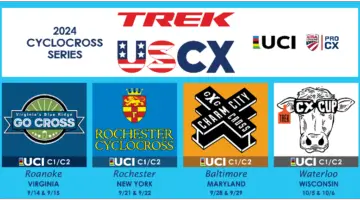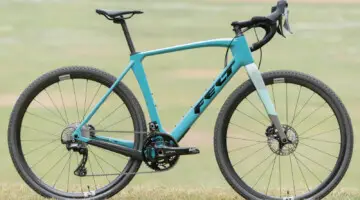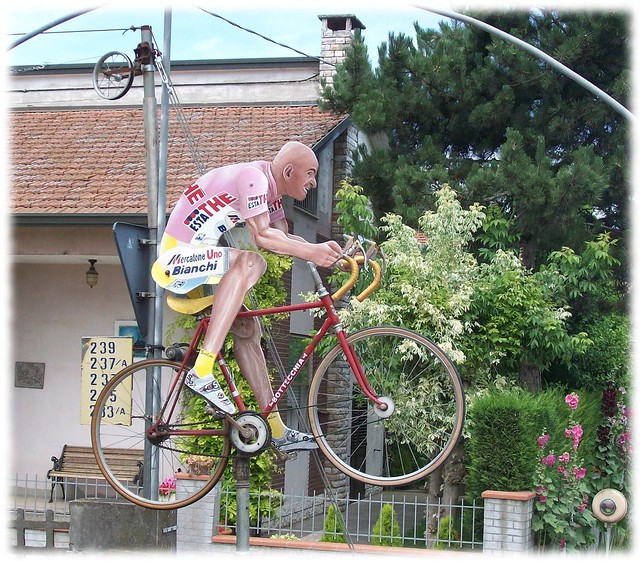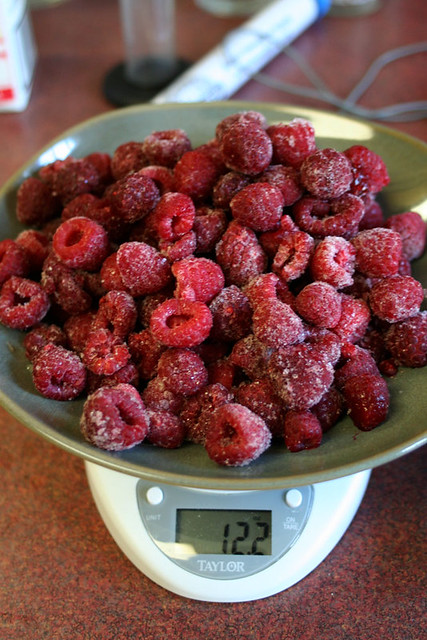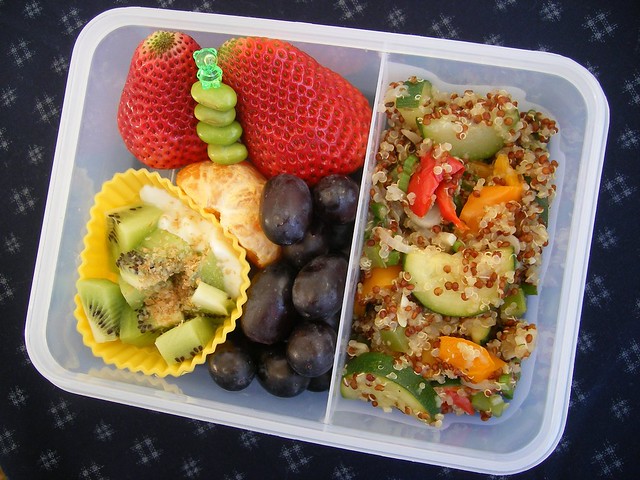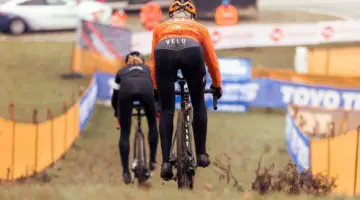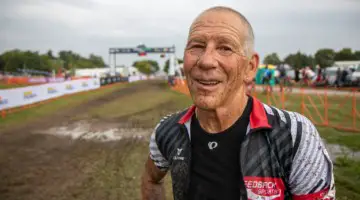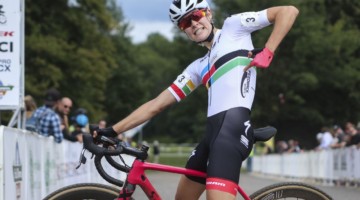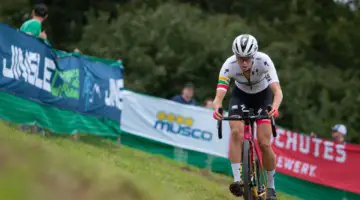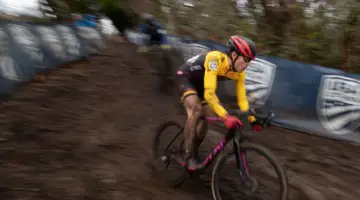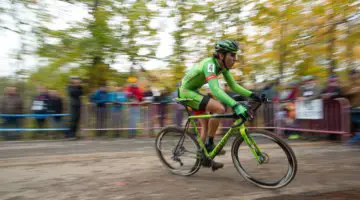Worried about a few offseason pounds? Jealous of Pro Tour riders’ stats? Coach Chris Mayhew with JBV Coaching brings us some real world advice once again to keep us riding and racing happier in today’s Training Tuesday column.
I probably should be writing a column on losing weight. It’s come up with a lot of my clients lately now that they’re training hard again. Frankly I feel like the topic is overdone. There are a million good articles and podcasts out there about how to lose weight or eat healthy, and we’ve touched on it before:
Training Tuesday: Worried About Weight? Relax, Power Up and Wait
However, in cycling, especially the last 15 years, there’s been a tremendous emphasis on the ratio of watts produced to kilograms of body weight. Luckily I think the tide is turning a bit on that in some regards. Listen to Phil Gaimon’s Peloton Brief podcast with Kristen Keim or Episode 3 of the Dirt Field Recordings podcast for some wide-ranging and ultimately more healthy takes on weight, fueling and cycling. You can check out my boss’s take on the issue as well, which has always shaped my view on things. Here’s my point in writing this: stop trying to lose weight.
First, why the emphasis on watts per kilogram (w/kg)? There are two reasons. One is the rise of powermeters. Now that we can quantify how much power an individual is making in real world conditions, it’s an easy thing to measure.
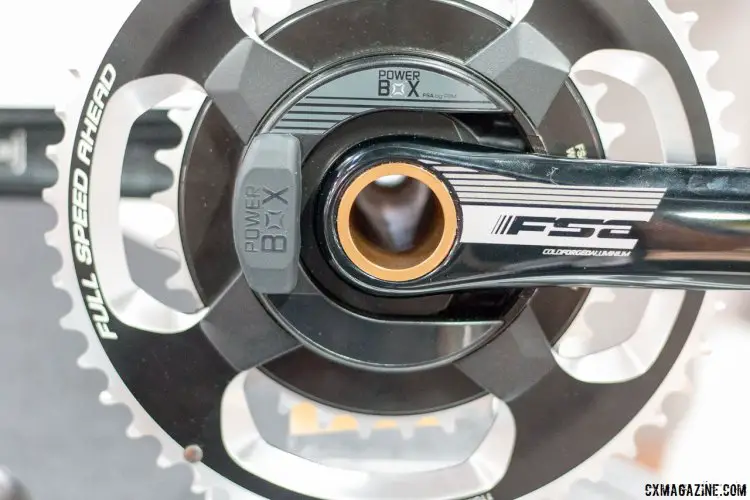
Powermeters are now widely available and reveal helpful data, but they can lead to the wrong focus. photo: FSA’s PowerBox crankset features a P2M power meter for your data acquisition requirements. Winter Press Camp 2017. © Cyclocross Magazine
And with the rise of powermeters there’s more data out there to analyze, such that we can know what everyone from world class athletes on down is producing, or produced.
Twenty five years ago, that sort of data was very hard to come by. The other and more galling reason for the emphasis on w/kg is EPO. Look at Grand Tour winners before the mid 90s. They look quite normal, even the climbers. The rise of the EPO era overlapped that of powermeters, making it easy to manipulate both sides of the ratio in an unhealthy manner, resetting expectations of what was possible or natural.
Here’s what I see happening at the amateur level: People don’t get to train as much as they want, or they want to “get serious,” or both. They see the power they’re making but know what w/kg they want to get to. And really, weight is in some ways the easiest thing to manipulate once you’ve trained to a certain level. People just don’t eat, or don’t eat enough. They try and run a small deficit but generally are not actually tracking calories in or out with any sort of precision. Humans are very bad at self-reporting caloric intake. People get into the mindset of “I’m not eating, I must be making progress” in the same way they find being sore and tired all the time to be reassuring of their fitness.
Are you really going to weigh everything you eat?
That’s certainly one approach to things, but I find ultimately it doesn’t work and it puts the emphasis on the wrong things. Here’s what I’d rather have you do: eat enough that you can fuel all your efforts for five days of quality riding for six weeks. Then let’s see where you are. If you’re cutting calories, particularly in an untracked manner, you’re compromising the quality of the work you can do each day. Moreover, you’re compromising what you can do physically for a given week, week after week. As a coach, my first reaction to any acute failure in a workout (e.g. I normally do this but today I couldn’t) is to ask about fueling over the prior 24 hours. Eat enough so that you can get through your workouts, which includes eating before and during. Refuel after your workouts so you have enough muscle and liver glycogen to go hard again the next day, as well the day that. Do this consistently for six weeks, and then let’s see where you are. I’d be willing to bet you’ll more fit then. And I’d be willing to bet in 12 weeks of eating like that you weigh less. An added bonus is that you probably won’t be hungry much of the time.
Ultimately I think it’s the harder but more rewarding and sensible approach. Figuring out how to put your phone down half an hour earlier so you can get more sleep is hard. Tracking your caloric intake to make sure you’re eating enough is hard. Figuring out how to pack enough food to bring with you to work and carving out some time to eat it is not always easy. Planning ahead and focusing on quality not quantity for meals and snacks takes planning:
But think of the rewards you’ll reap at the end of it. Saying to yourself, “I’ll limp through my workouts and eat a salad afterward,” may feel like work but are you really going to get to your best self that way? Let’s work towards getting you strong on the bike and healthy off it. For cyclocross (and I would argue any amateur level bike racing) that’s what matters more than anything else. You’re not losing races because of five pounds. And you’re not going to be any happier than you are right now when you lose those five pounds, even if you think you will be, sitting here now.
Fuel those efforts, do hard work on the bike, and figure out how to enable those things for yourself. You’ll be faster and happier in the long run.
Can’t get enough? Browse all of our Training and Technique Tuesday pieces here from coaches Mayhew and others. Mayhew expects to contribute Training Tuesday installments every two weeks in the off-season. Learn more about Mayhew at JBVCoaching here.










